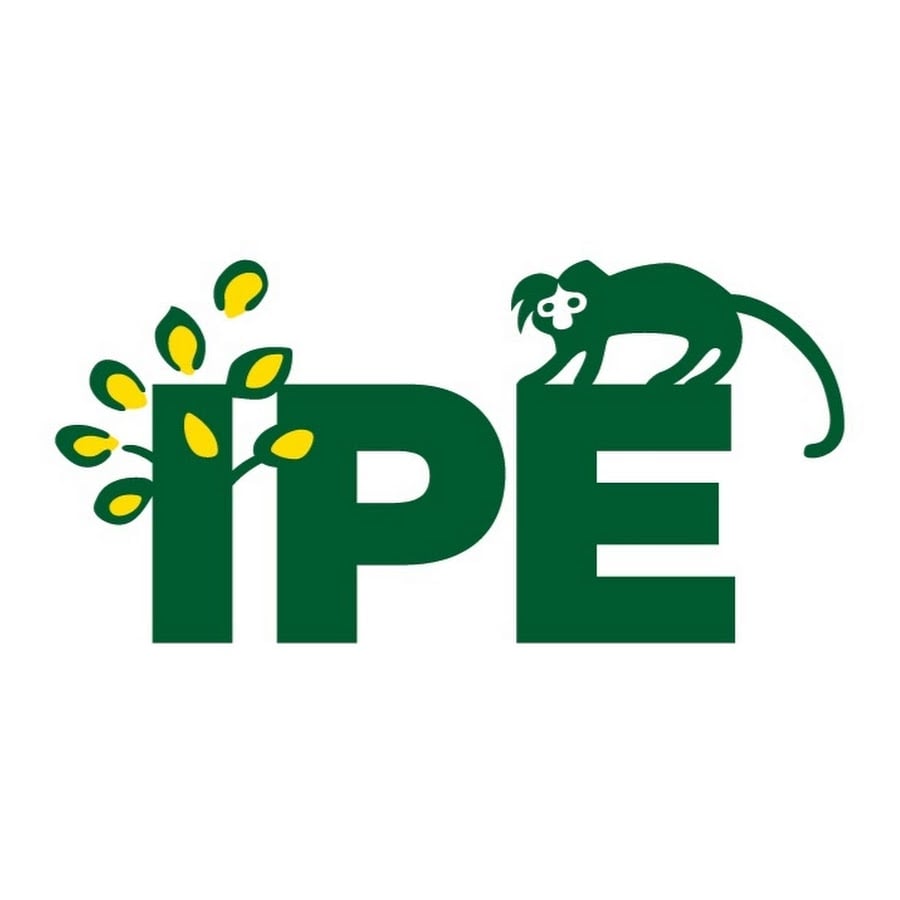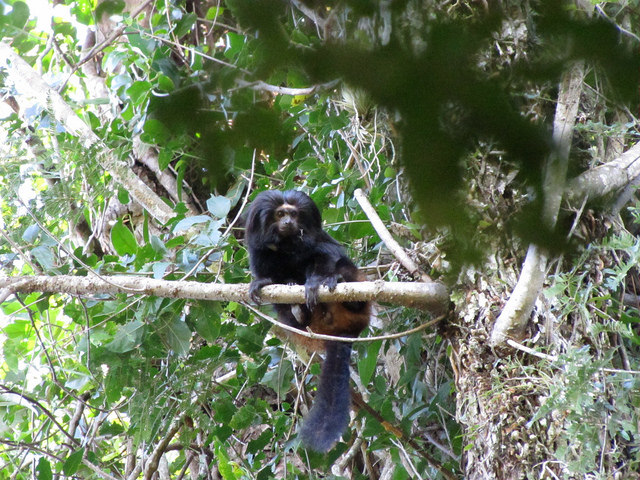::cck::981::/cck::
::introtext::
IPÊ has worked in the Atlantic Forest since its creation. Check out the main results for biodiversity conservation and sustainable development.
Atlantic Forest in Western São Paulo:
- 5.4 million trees planted in the Atlantic Forest, including the largest green corridor ever restored in the biome.
- The change in the black-faced lion tamarin category from “critically endangered” to “endangered” at Red List.
- The largest lowland tapir database (Tapirus terrestris), which is a sentinel for the health of forests.
- Jobs to generate income for the population, which benefit more than 200 families.
- Adoption of the environmental education program by schools in the city of Teodoro Sampaio (SP), with courses for teachers and students from the public network.
In Pontal of Paranapanema, the Dream Map prepared jointly by rural producers, public agencies, other institutions that also work in the region and IPÊ researchers identified the priority areas for restoration. As a way of reconciling biodiversity conservation with food diversity and income generation for rural producers, the Map included among the strategies the implementation of SAFs – Agroforestry Systems in small properties and the creation of community nurseries.
Today there are nine community nurseries located in the Pontal do Paranapanema region, closely monitored by IPÊ, five of which are led by women. They highlight the potential for sustainable development. In 2020, these nurseries produced approximately 800,000 seedlings and benefited 26 families. The production potential, however, is almost doubled and, since the environmental liabilities of Western São Paulo is 77 thousand hectares, the tendency is for growth in the production of the nurseries.
Ivone Ribeiro Campos Félix, owner of Viveiro Floresta for 4 years, reveals the progress of the business and the next steps. “I started producing 17,600 seedlings a year. In 2020, the nursery produced 150,000 seedlings and the plan is to expand production”.
With the income from the nursery, Ivone guarantees the university education of her two daughters. “Peace, contribution to the environment, completing their daughters’ graduation are the results I take with my nursery”, she highlights.
Atlantic forest on Cantareira System
Among the actions carried out by IPÊ in the region, which has one of the largest water supply systems in the world, is forest restoration with almost 400,000 Atlantic forest seedlings already planted, especially near the water courses of the supply, which provide 7,6 million people in the metropolitan region of São Paulo. Encouraging the implementation of sustainable production systems on rural properties is also a strategy with the potential to contribute to increasing the resilience of the Cantareira System.
In the Cantareira System region, prioritizing changes which a view to better use of the land guarantees benefits not only for those who live in rural areas, as is the case with rural products, but also for the population that receives the water and that often about 100km away. “The best use of land and forest restoration are the regulators of water quantity and quality, but also of rural productivity and biodiversity”, explains Alexandre Uezu, researcher and coordinator of the project Sowing Water, carried out by IPÊ – Ecological research Institute, sponsored by Petrobras, through the Petrobras Social-Environmental Program and the Federal Government.
::/introtext::
::fulltext::::/fulltext::
::cck::981::/cck::


